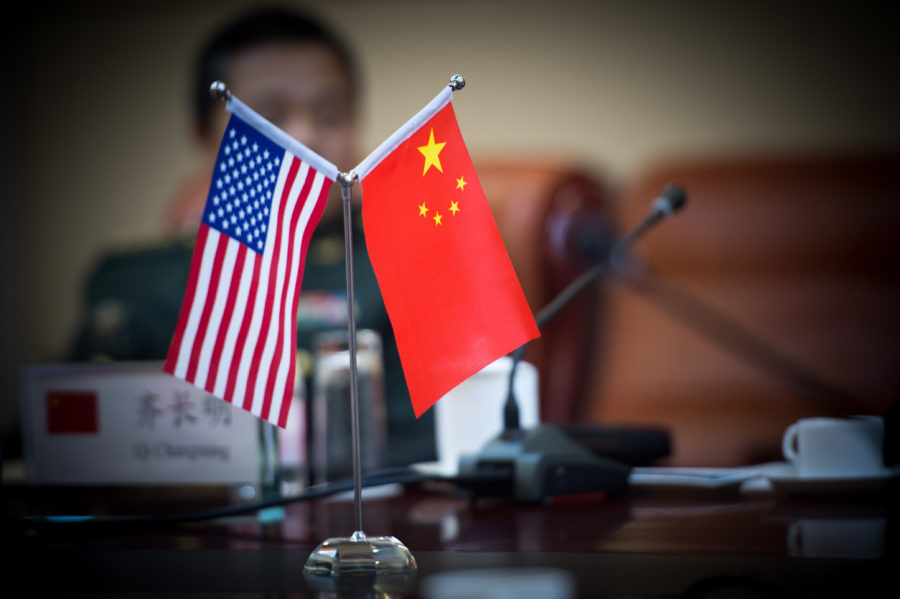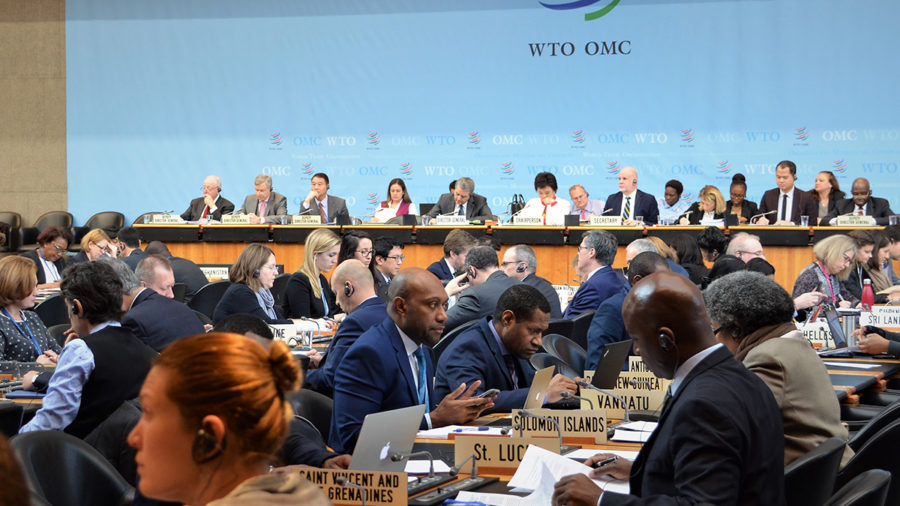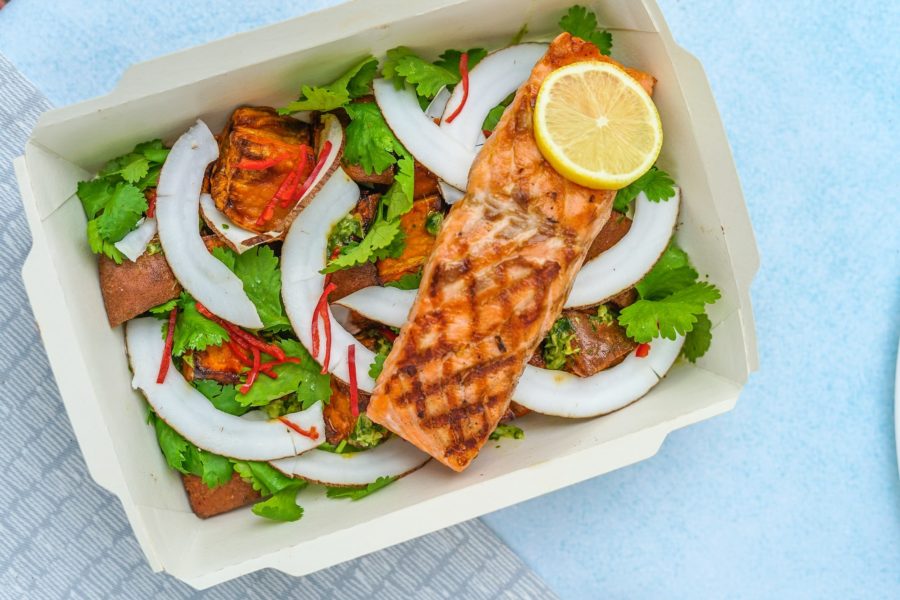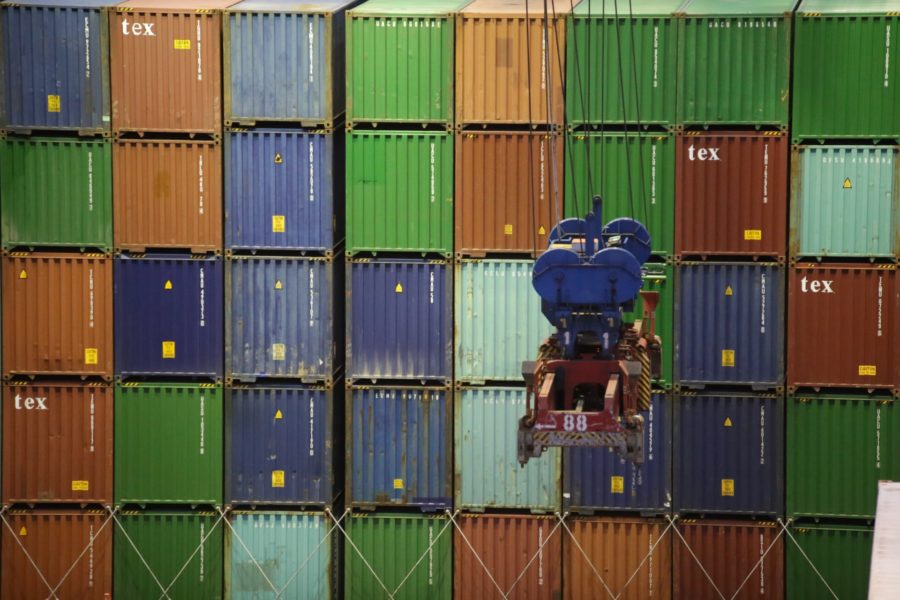June 5, 2020
Opening of the Application Period for the Dairy Export Thresholds under CUSMA
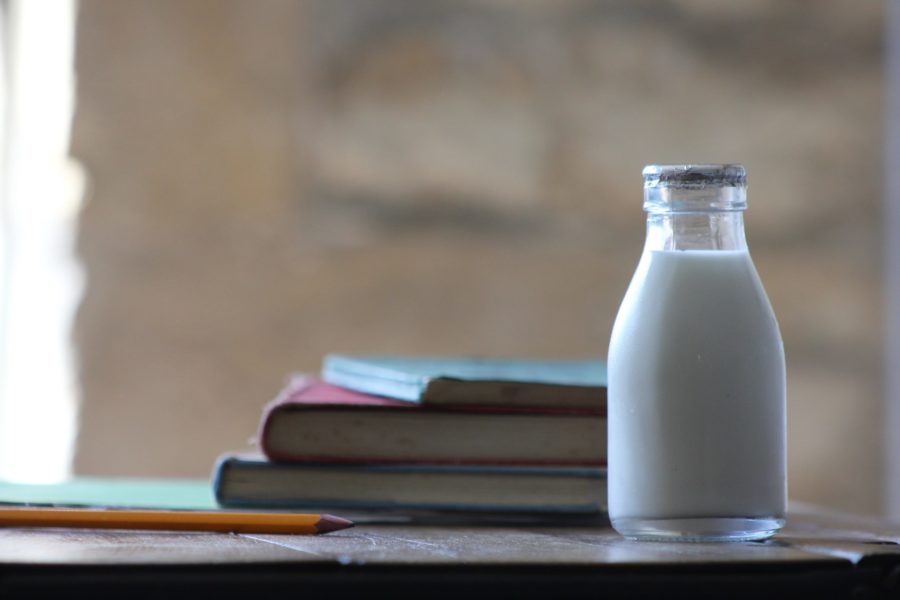
As a result of Canada’s April 3, 2020 ratification of the Canada-United States-Mexico Agreement (CUSMA), the Minister of Small Business, Export Promotion and International Trade has opened the application period for the two new CUSMA export thresholds, effective June 3, 2020:
- Skim milk powder (HS 0402.10) and milk protein concentrate (HS 0404.90)
- Infant formula (HS 1901.10 and made of over 10% cow’s milk solids on a dry weight basis)
Year 1 of the export thresholds is for the remainder of the 2020 dairy year, i.e., July 2020. The below-threshold quantities (BTQs) for July only will be issued on an “on demand” basis to eligible processors, as defined in the Notices to Exporters. Eligible exporters can access the BTQs by applying for an export permit from July 1 to July 31. Permits will expire before August 1, 2020. There is no requirement for an allocation application.
Year 2 of the export thresholds is for the August 2020-July 2021 dairy year, and the BTQs will be administered via an allocation policy that requires interested parties to submit a completed application form and, if applicable, information on related persons.
Detailed information regarding the on demand process for Year 1 and the allocation application process for Year 2 is set out in the following Notices to Exporters: Skim Milk Powder and Milk Protein Concentrate and Infant Formula. The Notices also provide information on key dates, quantities, specific allocation policies, eligibility criteria and contact information.
Applications for export permits for Year 1 will be accepted beginning July 1, 2020.
The application deadline for allocations for Year 2 is July 3, 2020.
Year 2 BTQ allocations will be issued on July 13, 2020.
Impact of COVID-19 on the CUSMA dairy export thresholds application process
Given that access to certain Government of Canada facilities has been severely restricted, all applications for the BTQs are to be submitted electronically. Applications will not be accepted via facsimile or mail.
Click here for more information on the dairy export thresholds.

